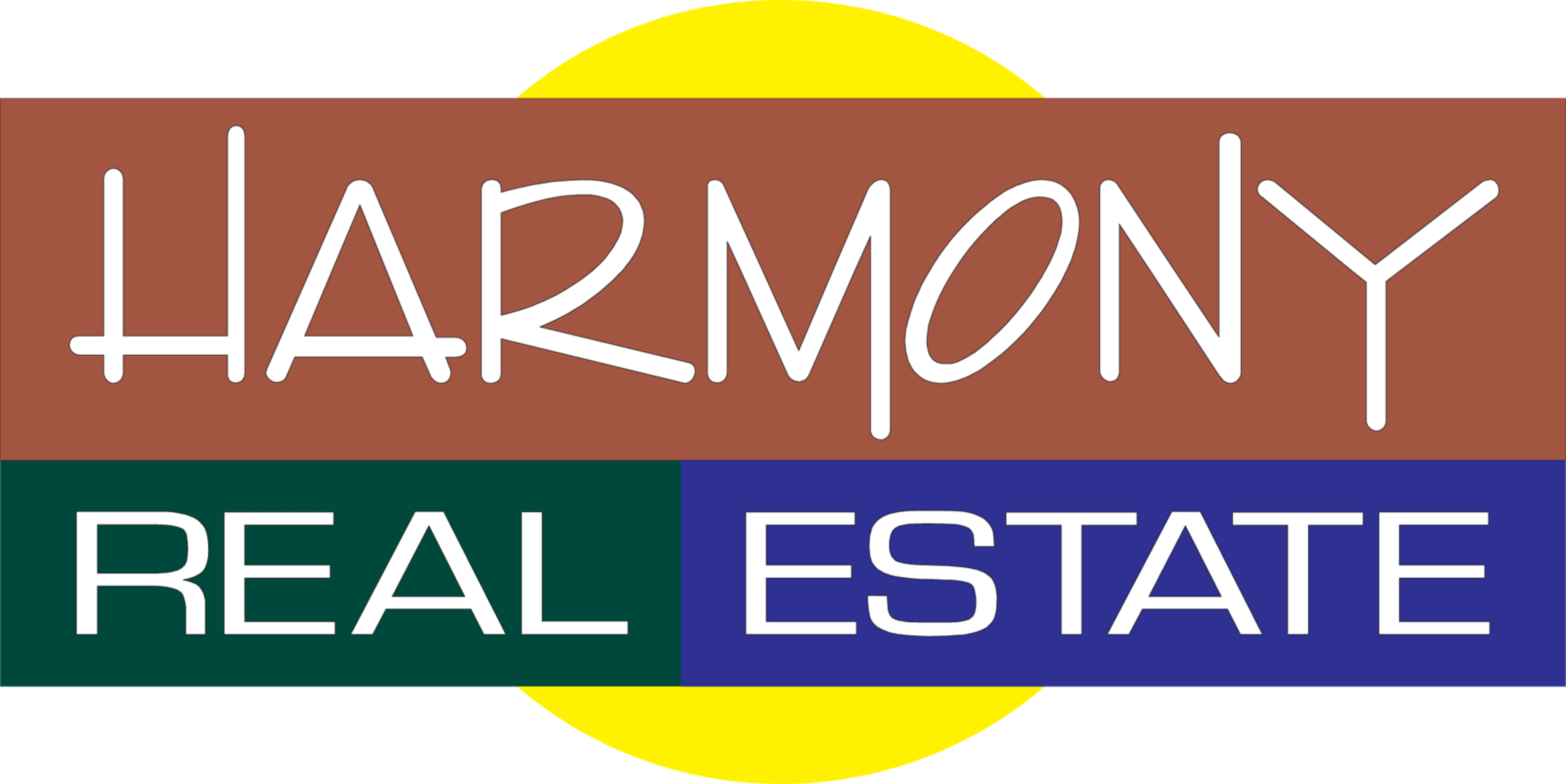Explore How to Avoid Capital Gains Tax When You Sell

Selling your home can be exciting, but it also comes with one important consideration: how to avoid capital gains tax. Capital gains tax is the tax you pay on the profit from the sale of an asset like your house. While it can be a substantial sum, there are several ways to reduce or avoid it entirely. In this article, we’ll explore strategies that homeowners, especially in South Hudson houses for sale and Southern NH, can use to minimize their capital gains tax liability.
Whether you’re selling a single-family home, a vacation property, or an investment property, knowing how to navigate the rules and regulations can save you a lot of money. Let’s dive into how to avoid capital gains tax when selling your home.
What is Capital Gains Tax?
Before we get into the strategies for avoiding capital gains tax, let’s first break down what it is. Capital gains tax is the tax you pay on the profit you make from selling an asset, such as a home, stock, or real estate. If you sell your home for more than you paid for it, the difference is considered a gain, and the IRS may tax that gain.
There are two types of capital gains: short-term and long-term. Short-term capital gains apply if you sell an asset within one year of owning it, and these are taxed at a higher rate. Long-term capital gains apply to assets held for more than a year and are typically taxed at a lower rate.
In real estate, the rules around capital gains tax can be a bit more complex. However, there are several ways you can avoid capital gains tax or reduce it significantly.
How to Avoid Capital Gains Tax on Your Primary Residence
If you’re selling your primary residence, you have a significant advantage over other types of property sales. The IRS offers an exclusion that allows you to avoid capital gains tax on the sale of your home, as long as certain conditions are met.

1. The 2-Out-of-5-Year Rule
One of the most important things to know is the 2-out-of-5-year rule. If you’ve lived in the home for at least 2 of the last 5 years before the sale, you can exclude up to $250,000 in capital gains if you're single, or $500,000 if you're married and file jointly.
For example, if you bought your home for $200,000 and sold it for $400,000, your gain would be $200,000. If you meet the 2-out-of-5-year rule, you wouldn’t have to pay any capital gains tax on the $200,000 gain.
2. Avoiding Capital Gains with Home Improvements
If you’ve made any home improvements during your ownership, these costs can be added to the “basis” of your home, which will reduce your capital gain. For instance, if you bought your home for $250,000 and made $50,000 worth of improvements (like remodeling your kitchen or adding a new roof), your new basis would be $300,000. This would lower the capital gain you’d pay tax on when you sell.
Common home improvements that can increase your basis include:
Kitchen or bathroom remodels
New windows or doors
Adding a deck or patio
Finishing a basement or attic
Landscaping improvements
However, basic repairs or maintenance like fixing a leaky roof or replacing a broken appliance do not count as improvements. They don’t add to your home’s basis for tax purposes.
3. Meet the Use and Ownership Requirements
To qualify for the $250,000 or $500,000 exclusion, you need to meet the use and ownership requirements. This means that, during the 5 years before the sale, you must have lived in the home as your primary residence for at least 2 years. These 2 years do not have to be consecutive.
Moving can be time consuming, but it will help you use the capital gain to its fullest potential. The IRS sllows taxpayers to use the exclusion multiple times, but no more than once every two years. So, if you’ve claimed this exclusion on another home sale in the past two years, you won’t be able to use it again. This means you could sell multiple homes at a large gain and never pay a dime in taxes!

How to Avoid Capital Gains Tax on Investment Properties
If you’re selling an investment property, things work a bit differently. Unfortunately, the IRS does not offer the same capital gains tax exclusion for investment properties as it does for primary residences. However, there are still ways to avoid or reduce capital gains tax on these types of properties.
4. Use a 1031 Exchange
A 1031 exchange allows you to defer capital gains taxes on an investment property sale if you use the proceeds to purchase another similar property. This strategy is popular among real estate investors because it allows them to defer paying taxes until the new property is sold, which could be many years down the line.
To qualify for a 1031 exchange, the following conditions must be met:
The property must be held for investment purposes or business use, not for personal use.
The replacement property must be of equal or greater value.
The exchange must occur within a specific time frame—typically 45 days to identify a new property and 180 days to complete the transaction.
By using a 1031 exchange, you can avoid paying capital gains tax on the sale of the investment property, keeping more money for your next real estate deal.
5. Consider Depreciation Recapture
While depreciation is an excellent way to reduce your taxable income during the ownership of an investment property, when you sell, you may face depreciation recapture. This means that you will have to pay taxes on the depreciation deductions you’ve claimed over the years. However, even with depreciation recapture, it’s still possible to use strategies like a 1031 exchange to defer the tax.
How to Avoid Capital Gains on Vacation Homes
Selling a vacation home is different from selling your primary residence. You don’t qualify for the $250,000 or $500,000 exclusion unless it meets the criteria of being your primary home for at least 2 out of the last 5 years. However, there are still strategies to reduce your capital gains tax liability.
6. Convert Your Vacation Home to a Primary Residence
If you’re considering selling a vacation home and want to take advantage of the primary residence exclusion, one strategy is to convert the vacation home into your primary residence. You can do this by living in the home for at least 2 years before you sell it. This would allow you to meet the 2-out-of-5-year rule and potentially avoid paying capital gains tax on the sale.
Keep in mind that this strategy requires careful planning and timing. You would also need to consider any potential state-specific tax rules in New Hampshire when deciding how to proceed.

Other Ways to Reduce or Avoid Capital Gains Tax
While the strategies mentioned above are the most common ways to avoid capital gains tax on the sale of a home or investment property, there are a few additional tactics to consider.
7. Offset Gains with Losses (Tax Loss Harvesting)
If you’ve sold other investments at a loss, you can use those losses to offset your capital gains. This strategy is known as tax loss harvesting. For example, if you sold stocks at a loss, you can use that loss to offset your real estate capital gains, reducing your taxable income.
8. Gift the Property to Family Members
Another way to avoid capital gains taxes is to gift the property to a family member. However, the recipient may be liable for capital gains taxes when they sell the property, depending on their situation. It’s important to consult with a tax professional before pursuing this route.
Plan Ahead to Avoid Capital Gains Tax
When it comes to selling your home or investment property, understanding how to avoid capital gains tax can make a huge difference in your financial outcome. Whether you’re selling your primary residence and using the 2-out-of-5-year rule, considering a 1031 exchange for investment properties, or even converting a vacation home into a primary residence, there are strategies available to help you minimize or eliminate your tax liability.
If you’re planning to sell your home in South Hudson houses for sale or Southern New Hampshire, it’s always a good idea to consult with a real estate agent and a tax professional to ensure you’re taking full advantage of the available tax benefits.
By planning ahead and making informed decisions, you can keep more of your hard-earned money when it’s time to sell your property.
If you need more information on how to avoid capital gains, or are ready to sell your house give us a call at (603) 883-8840. You can also sign up for your dream home search or reach out to Our Agents for more information. We’d love to help you with your real estate needs.
